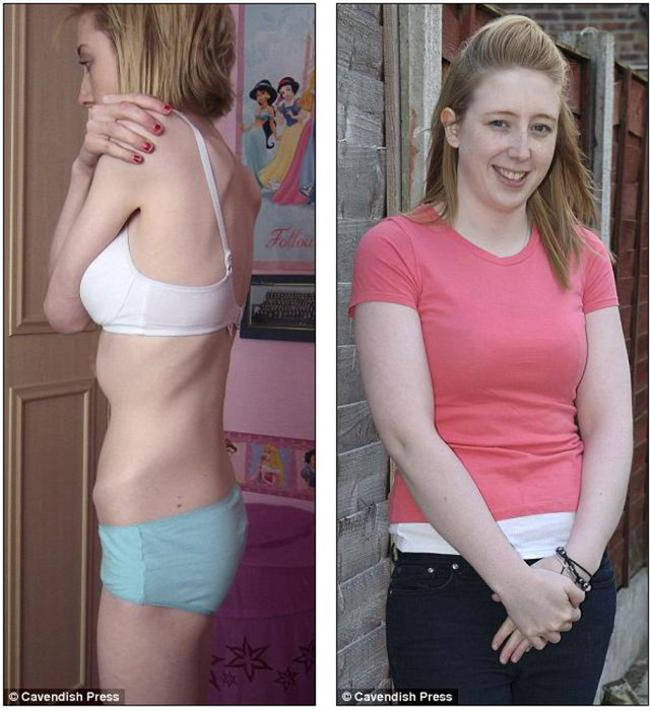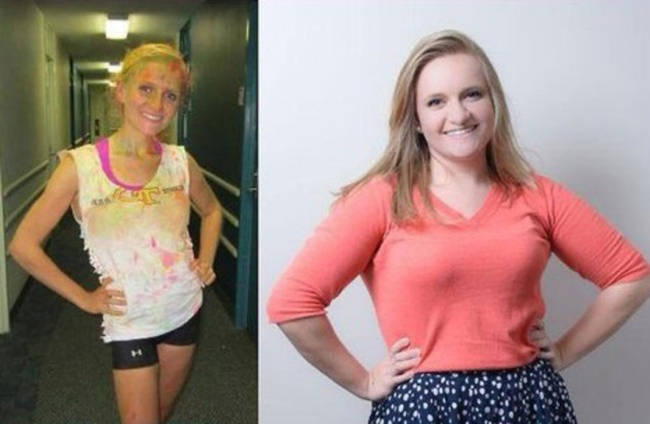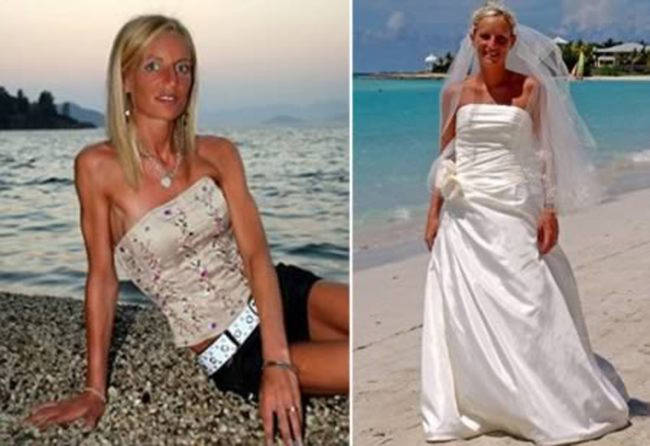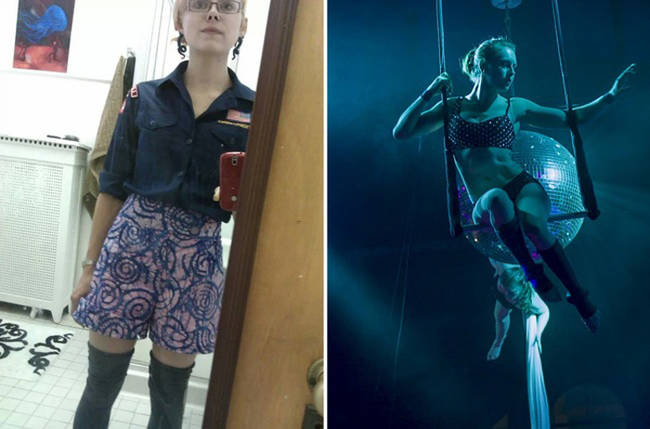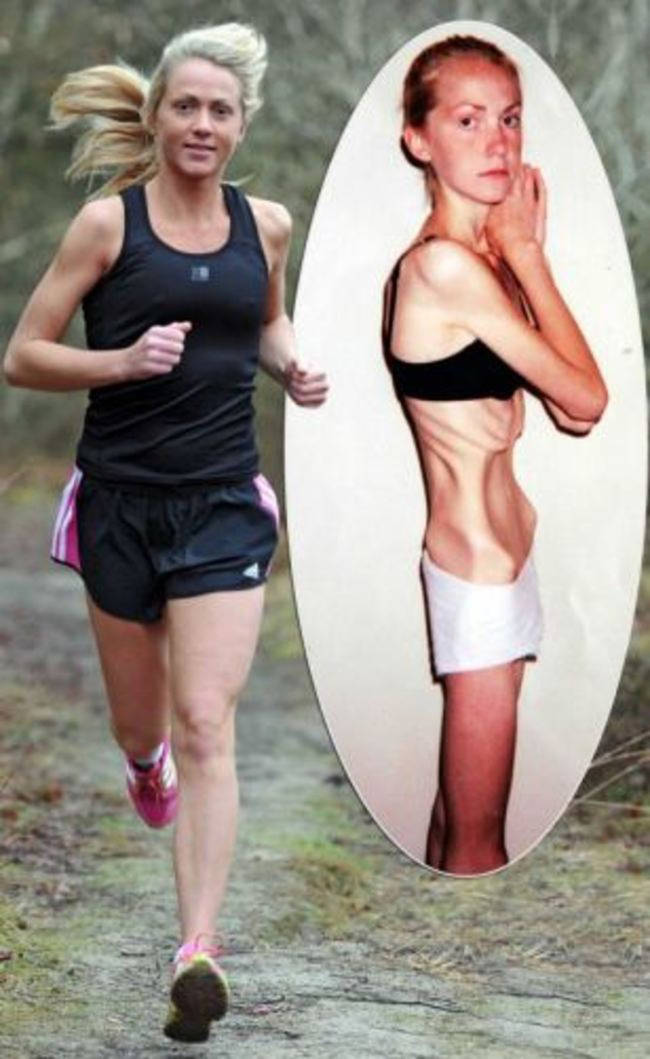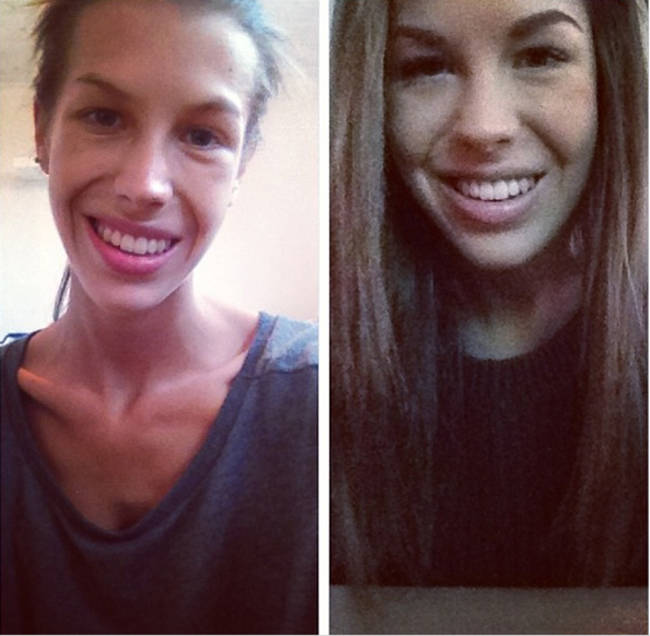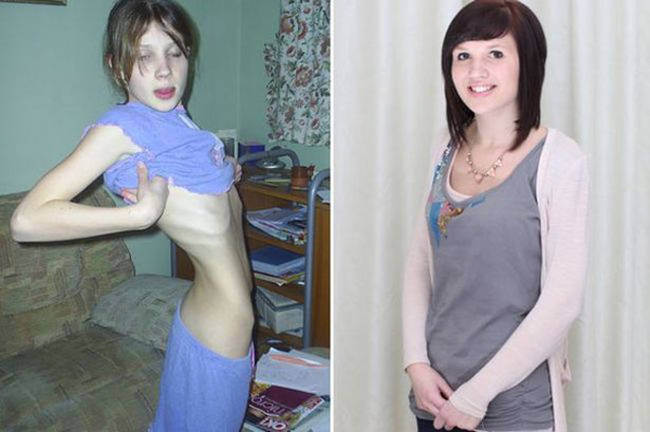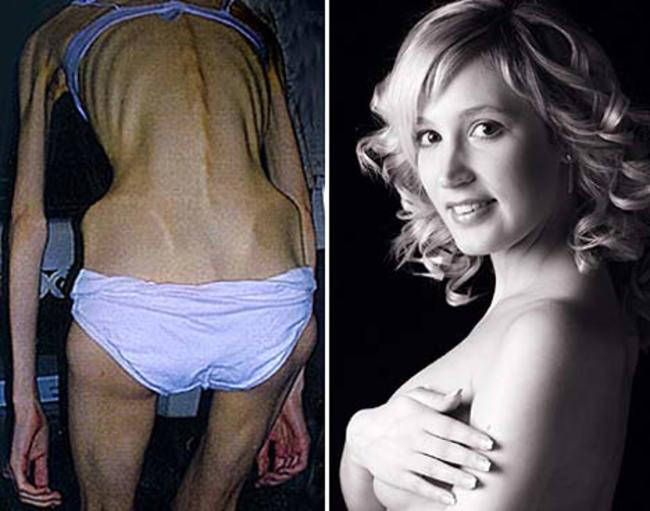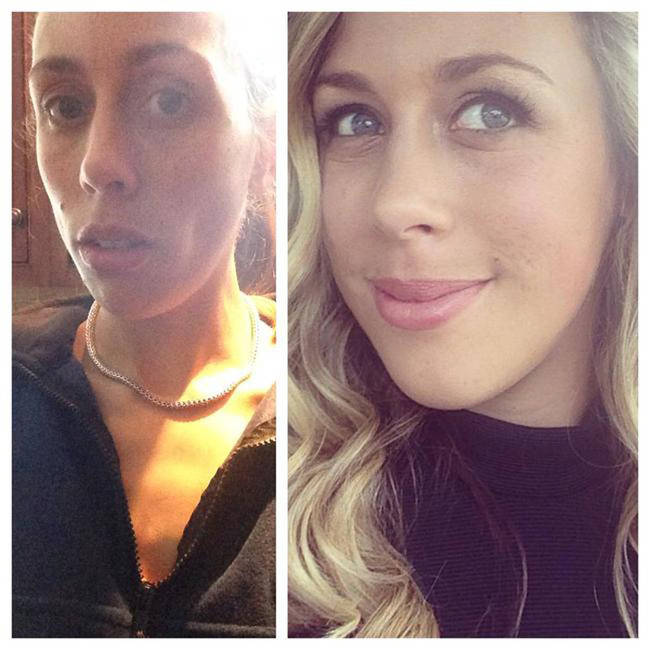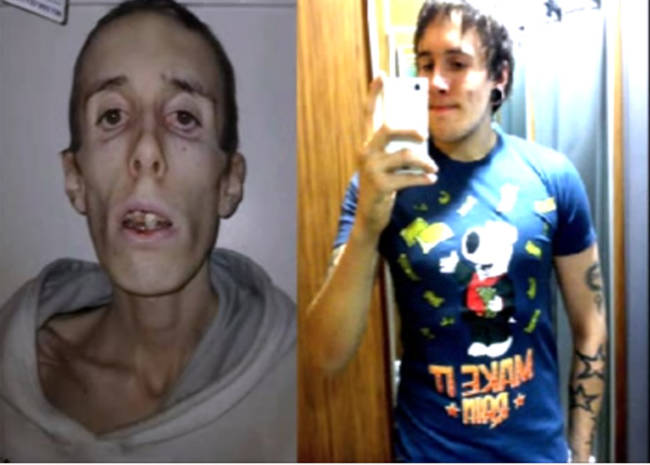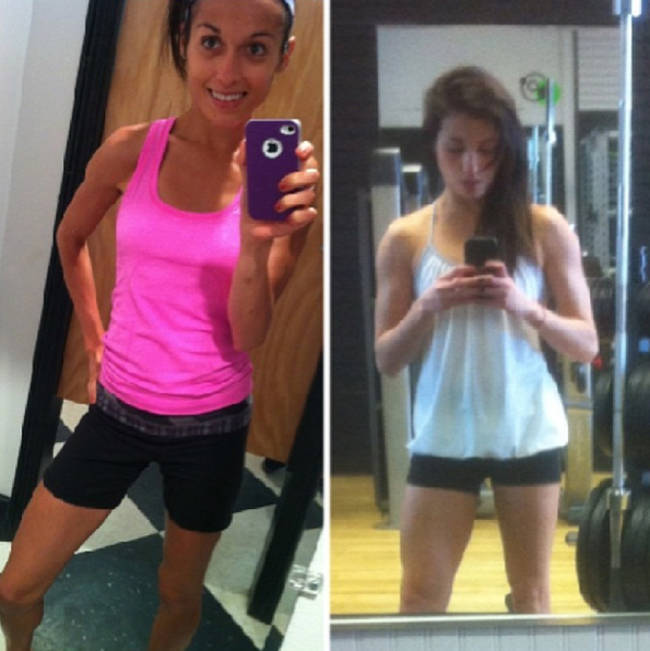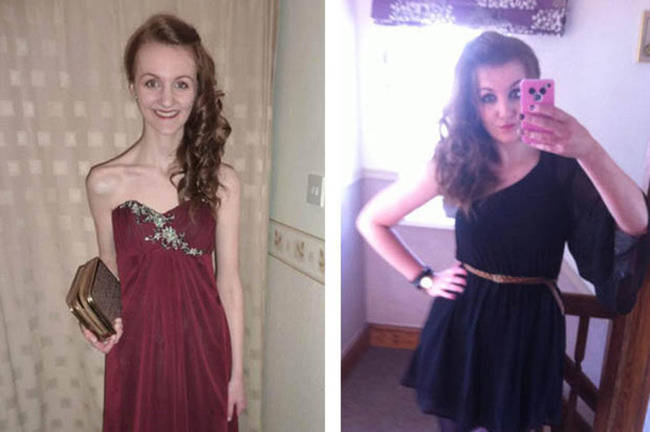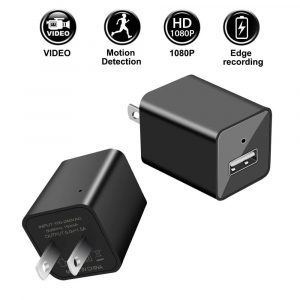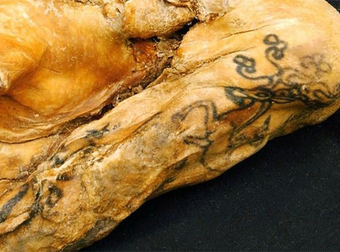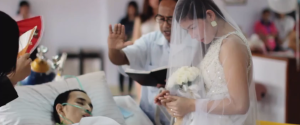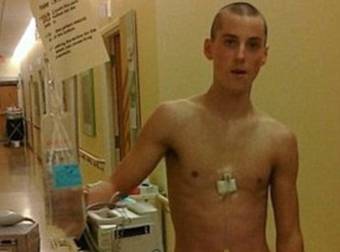Most people think of “before and after” photos as a way to show off your impressive weight loss. There’s even a day dedicated to it on social media known as “Transformation Tuesday,” where users submit photos of their progress.
While photos can act as admirable inspiration for others looking to get in shape, these images tell a different story. In fact, they depict the opposite, but their message of health is even more powerful. Take a look.
(Warning: some of these images are graphic.)
Rachel spent four years in her teens suffering from anorexia. Following her recovery, she spoke out about the media’s representation of “picture perfect” women fueling her own disease and other young girls. Rachel and her mother advocate against the overuse of image doctoring in media.
Brittany spent most of her life a little overweight until she developed anorexia and only allowed herself 600 calories per day. Since recovering from the disease, she became an advocate for healthy lifestyles on her blog.
Kate developed her eating disorder after an ex-boyfriend threatened to break up with her if she gained any weight. She eventually got rid of that jerk and found someone who encouraged her to become healthy by buying her a wedding dress two sizes too big. She began eating normally again and looked beautiful in the gown on her big day. She later gave birth to a daughter.
As an avid trapeze artist, this Reddit user realized her disorder began to get in the way of her abilities to perform and made a change. She is now stronger, healthier, and able to dedicate herself to her craft.
Harriet spent years battling anorexia, and at one point was down to only 70 lbs. When she was told how dangerously close to death she put herself, she worked toward recovery. Now, she stays healthy as an avid runner.
Antonia’s first Instagram photo was taken in a hospital, where she was about to undergo treatment for anorexia. She continues to document her recovery on the account and advocates for healthier living.
This Reddit user explained that her disorder came from a compulsive need to control something in her life. She found support from family and loved ones to help recover and return to a healthier lifestyle.
At age 11, Jo began suffering from anxiety and an eating disorder. At 17, she was given only 48 hours to live. She decided to take a job at McDonalds, hoping that seeing other people eat would help her recovery. That not only worked, but she also met her husband, and the couple have two children together.
Hayley suffered from extreme anorexia for eight years, spending a lot of that time in and out of hospitals. Her mom finally helped her reach a healthier weight, and Hayley gave birth to a healthy baby boy. She says she would never jeopardize her health again, for the sake of both herself and her son.
At 5’7″, this 25-year-old was a mere 103 lbs. after suffering an eating disorder. Over 16 months later, she gained 25 pounds back and looks much happier.
Stress at school caused Matthew to develop his eating disorder, which got so bad that his heart actually stopped at one point. After he saw how much that experience scared his mother, he resolved to get healthy. He is now able to lift weights and live a much healthier, confident lifestyle.
In her junior year of high school, Meg decided to tell her parents about her eating disorder. After seeing a psychiatrist, who recommended she spend a year in a hospital, she instead decided to take a more outpatient approach. She immediately began seeing a therapist and dietitian. She hasn’t skipped a meal after six years.
Heather found the inspiration to change her unhealthy eating habits in the happiest place on earth: Disney World. While at a restaurant on vacation, she realized no one else in the room was aware of her difficulties and found power in that feeling. After eating a slice of pizza, she decided to embrace the enjoyment of food and now has a much healthier outlook.
(via Distractify.)
Remember: if you or someone you know are suffering from one of these terrible disorders, it’s important to reach out for help. You can find assistance through this hotline number, 1-800-931-2237, or visit the National Eating Disorders Association website to find help in your area.
